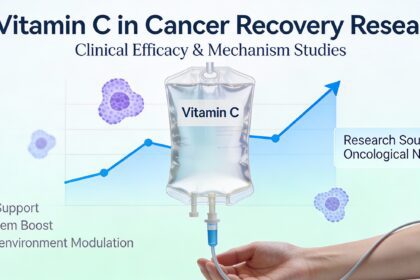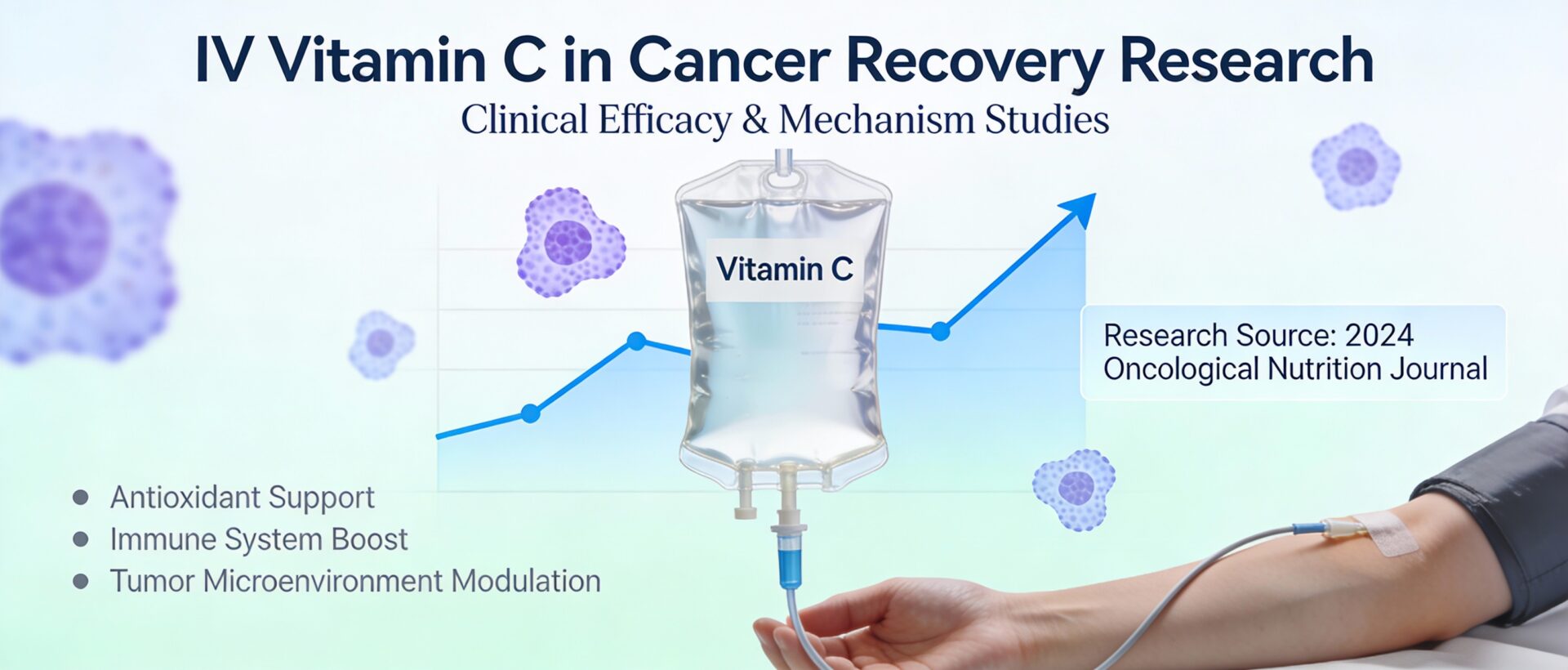By Muscle Media
Rice is known to be the staple food in Asian cuisine, and nearly half of the world’s populace eats it on a daily basis. We usually think of it as the primary source of carbohydrates, but not protein. However, health experts found that rice also contains amino acids, making rice protein a new nutritional sensation.
As we all know, amino acids are the building blocks of all proteins. This gave a new light to the unassuming rice we all have come to know. It also sparked the debate on the benefits of rice protein vs. whey protein.
So, can rice compete with whey? Which one is better for you? There are several things you should consider before making a decision.
RICE PROTEIN VS WHEY PROTEIN: THE ULTIMATE BREAKDOWN
To decide which protein is better, let’s compare them in several aspects.
RICE VS WHEY NUTRIENTS
We know that whey is packed with proteins, while rice contains amino acids. Still, whey contains more protein than you can ever find in rice. However, what about other nutrients? Could these nutrients prevail in rice’s flavor?
Rice protein is made of brown rice. Brown rice is packed with carbs, but along with those carbs, rice contains dietary fiber, which is necessary for good digestion. It is also rich in manganese, magnesium, phosphorus, and vitamins from the B complex. When it comes to amino acids found in brown rice, most of these amino acids are cysteine and methionine.
Although typically considered a non-essential amino acid, cysteine may be essential for vulnerable groups, such as infants, the elderly, and people with metabolic disorders. Methionine is an essential amino acid, and no protein is considered complete if it doesn’t contain this amino acid.
Whey, on the other side, is full of globular proteins. However, since whey is extracted from milk, it contains carbs, fat, and minerals such as phosphorus and calcium. Whey proteins contain leucine, a branched-chain amino acid responsible for muscle growth and recovery.
As such, whey protein is the most demanded dietary supplement among weightlifters, bodybuilders, and everyone who needs to increase their daily protein. It can be found in every protein shake, protein bar, and many other products with high protein content.
SCORE
Rice protein vs. whey protein – 0:1
TASTE AND POTENTIAL RECIPES
Before choosing your perfect protein, you need to consider its taste. Even though taste shouldn’t be as important as nutritional and other benefits, you can’t force yourself to consume something that tastes bad.
When it comes to rice protein, it is usually described as mild and sweet, but it also has a certain level of bitterness. As such, the flavor of rice protein can be unpleasant for some people. It is also hard to mask, which makes it even more unappealing to people who dislike bitterness.
Additionally, the texture of rice protein is a bit strong and chalky, which, again, isn’t optimal. That’s why many rice protein manufacturers mix it with pea protein: pea protein is lighter and fluffier, and it balances out the rice protein’s texture.
On the other side, whey protein has a milky flavor that’s easy to mask. Even though this flavor is relatively mild, some still find it too strong, especially people who don’t like milk. There are also people who find the whey protein flavor too bland.
Both proteins can be used in recipes for various protein shakes, smoothies, homemade protein bars, oatmeals, and many others. When you add multiple ingredients with stronger flavors, they will mask the flavor off both rice and whey protein.
SCORE
Rice protein vs. whey protein – 0:2
THE COST
Even though rice per se isn’t expensive, rice and other plant-based proteins are harder to produce. This makes them more expensive and less available. Whey, on the other hand, is readily available and easy to make. As a result, whey protein is considerably cheaper than rice protein.
This affordability is another reason why you can find whey in so many protein-based products. Apart from its high protein content, whey is cheap, which makes it a favorite ingredient for many food manufacturers.
When you want to buy a protein powder, you will notice that whey protein powders are everywhere. They are available in any store with healthy food or a store that specializes in selling supplements. On the other hand, finding rice protein can be an impossible mission.
SCORE
Rice protein vs. whey protein – 0:3
ENVIRONMENT AND SUSTAINABILITY
This is another thing you should consider when choosing between rice and whey proteins. Since rice protein is extracted from rice, its production requires large fields covered in rice. These fields are impacting local ecosystems, especially since they require a lot of water.
On the other side, since whey protein is a byproduct of the dairy industry, it has an even higher environmental impact. The dairy and meat industries are among the leading causes of greenhouse gas emissions, including both carbon and methane emissions.
The dairy industry is also disruptive to local ecosystems, even more than rice fields. So, even though rice and other plant-based proteins are still impacting the environment, the impact of whey protein is still much worse.
SCORE
Rice protein vs. whey protein – 1:3
ETHICAL CONSIDERATIONS
This one is a bit tricky to decide. For example, there are many ethical concerns regarding the dairy industry as a whole. Because of that, whey protein might be more problematic than rice and other plant-based proteins.
However, that doesn’t mean that rice protein is 100% ethical. Major rice production regions are usually in developing countries. These developing countries can be problematic when it comes to labor laws. So, even though rice protein isn’t made from the exploitation of cows, it might be based on the exploitation of people.
Of course, these considerations shouldn’t be interpreted as accusations. In every industry, there are companies that are more ethical, just like you can find the unethical ones. Neither dairy nor rice production industries are inherently exploitative, but there are some potential unethical practices in both industries.
SCORE
Rice protein vs. whey protein – 1:3
THE BENEFITS OF RICE OVER WHEY
The main advantage of rice is the fact that it can be a great alternative for people who are lactose intolerant. It is also great for those who are allergic to some milk-based products.
Along with soy and wheat, vegetarians have been known to prefer this source of protein. Rice is a plant, in comparison to whey protein, which is primarily derived from cow’s milk. For people who would want to avoid animal-based protein, rice is a perfect choice.
SCORE
Rice protein vs. whey protein – 2:3
THE BENEFITS OF WHEY OVER RICE
One thing about whey that gives it an upper hand on the rice protein vs. whey protein debate is the fact that it basically contains beneficial protein nutrients that a body will ever need.
Although rice has amino acids, it doesn’t quite compare to the protein that can be directly derived from whey. Moreover, increasing the consumption of rice would mean the possibility of gaining weight, which most people would generally want to avoid at all costs.
Aside from this, diabetic patients or individuals who have a hereditary history of diabetes in the family could not afford to risk their health by consuming rice since it is known to contain sugar.
SCORE
Rice protein vs. whey protein – 2:4
PERSONAL PREFERENCES
Generally speaking, there is no winner in the rice protein vs. whey protein debate since it all boils down to individual preferences and the health conditions of the person. For vegetarians, rice is a better option as the primary source of protein. On the other side, diabetic people will always choose whey.
However, people who are more concerned about increasing their intake of protein, especially athletes and bodybuilders who are seriously in need of protein to increase muscle mass, would prefer to take whey protein instead.
Aside from the development of muscles, whey protein is also known to boost the human body’s immune system, which is one of many other reasons why whey is in such high demand.
SCORE
Rice protein vs. whey protein – 2:4
FINAL VERDICT
Both rice and whey protein come with certain benefits, but whey still remains the best source of protein. However, in the end, all that matters is your personal preference. Which type of protein suits your needs better? Then you should choose that one.
In short, if you are vegan or lactose intolerant, then rice protein is a better option. However, if you are diabetic or you want to control your carb intake, then you should stick with whey protein.
OTHER GREAT SOURCES OF PROTEIN
You might be surprised how many other protein supplements are out there. If you feel particularly curious, you can try them out. Here is what you should know about each one of them:
PEA PROTEIN
I already mentioned pea protein and how it can be used to make the rice protein more palatable. However, you can also consume this protein on its own. It has a mild and slightly nutty flavor.
Pea protein is rich in iron, sodium, and fiber. It also contains all 9 essential amino acids, which is another reason why you should try it. This protein is great for building muscles, it will keep you full for long, and it is also good for your heart.
EGG WHITE PROTEIN
Eggs are rich in protein, especially the egg white. As a matter of fact, egg whites are 90% water and 10% protein. So, when they are dried and powdered, their protein content is even higher, percentage-wise.
Egg white protein is also rich in vitamins B and selenium. Additionally, they are low in calories and fat. They also contain all 9 essential amino acids. As such, egg white protein is great for building muscle without affecting your weight.
HEMP PROTEIN
Did you know that hemp plant is a great source of protein? Many experts claim that hemp protein is among the best plant proteins out there. Apart from being rich in protein, this product is also rich in fiber, healthy fats, antioxidants, and minerals such as magnesium and iron.
Just like many other protein powders on this list, hemp protein has all 9 essential amino acids. It will build your muscles, help you recover from exercise, and keep you full. It is easily digested, and its flavor can be described as earthy and nutty.
SOY PROTEIN
This is one of the most famous protein sources, right behind whey. Soy protein powder is rich not only in protein but also in other nutrients, including fiber and minerals. In this powder, you can find calcium, iron, magnesium, phosphorus, potassium, and zinc.
Soy protein contains all 9 essential amino acids in such high amounts that it’s similar to animal protein sources. Apart from building muscles, soy protein might be beneficial for your heart’s health, prevent cancer, and regulate your blood sugar levels.
CASEIN PROTEIN
Just like whey, casein protein is a byproduct of cheese and dairy production. As such, it shares some similarities with whey, but there are also some differences between them. Whey protein is better for building muscles, while casein is a slow-absorbing protein that keeps you full for longer.
Even though casein isn’t as good as whey in promoting muscle growth, it prevents muscle breakdown and helps muscle repair. Casein is also richer in calcium, fat, and lactose than whey.
Rice Protein vs. Whey Protein: A Nutritional Showdown
When researchers discovered that rice contains amino acids, it sparked the debate about whether rice could be just as good a source of protein as whey. While rice protein certainly has potential, especially for vegans and lactose-intolerant people, it still isn’t a match for whey protein.
In the end, you should explore other sources of protein supplements, such as pea protein, soy protein, hemp protein, and egg white protein. Who knows, maybe you find the one that’s perfect for you!
























